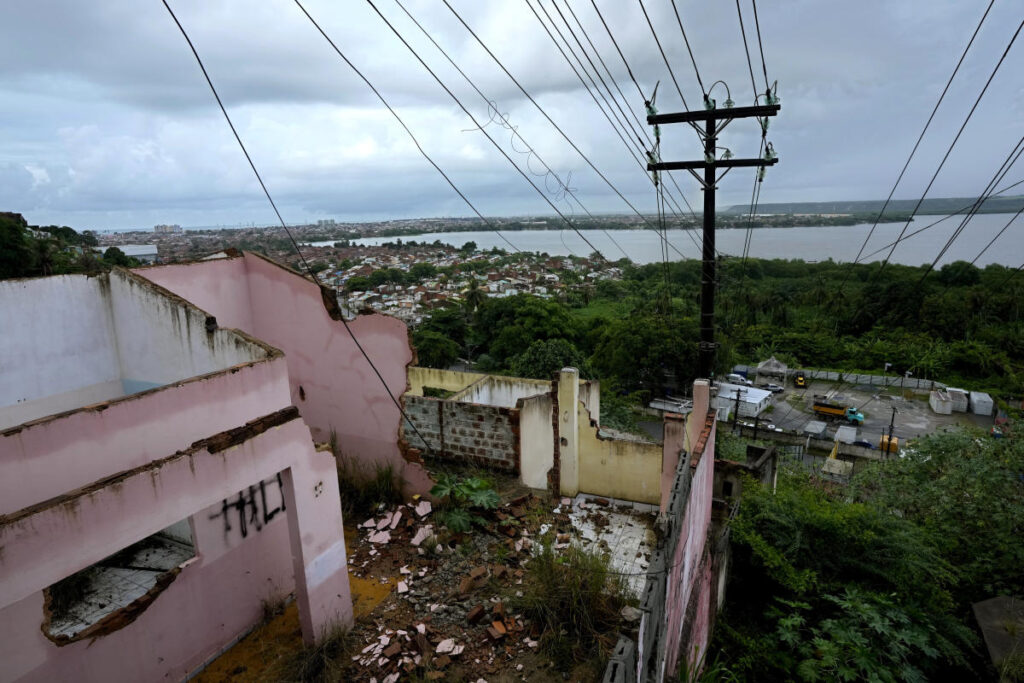On Friday, Brazil’s federal police indicted 20 individuals linked to rock salt mining in Maceio, a coastal city in northeastern Brazil. These indictments stem from environmental crimes and damage to public property due to the mining activities that have led to significant destruction in Maceio, affecting five urban neighborhoods and displacing tens of thousands of residents. According to an anonymous police source, those indicted are mainly employees or contractors of Braskem, a major petrochemical company in the Americas. The company had been the focus of investigation since the collapse of neighborhoods began in 2018, raising concerns over the safety and environmental implications of its mining operations.
Braskem, which primarily operates under the ownership of state-controlled oil giant Petrobras and construction firm Novonor (formerly Odebrecht), has conducted rock salt mining in the area for over forty years. The mining process involves extracting salt from underground deposits, but this leaves behind brine-filled cavities that pose significant risks for ground stability. The result can lead to the subsidence of structures above these cavities, resulting in damages that the communities vulnerable to these geological issues have faced firsthand.
The extensive impact of Braskem’s mining activities has been documented, with approximately 200,000 residents in the Alagoas state capital, Maceio, affected by the consequences of excessive rock salt extraction. The situation had escalated to the point where communities were forced to evacuate as structural integrity waned due to the ground’s instability. The ramifications of the mining operations have sparked public outcry and prompted greater scrutiny of the industries involved in such environmentally sensitive activities.
In response to these growing concerns, Braskem issued a statement indicating that it had not yet been able to review the full police report and thus could not comment specifically on the individuals indicted. However, the company maintained that it has cooperated fully with investigation processes, asserting that it has always complied with industry laws and regulations while keeping relevant authorities apprised of its operations. This statement reflects Braskem’s effort to navigate the legal complexities while managing public perception amid the growing scrutiny surrounding its mining practices.
In a recent development, Braskem announced a settlement worth $356 million with the city of Maceio in July 2023. This settlement is intended to fund structural projects within the city and to establish a support fund for affected residents, signifying an attempt by the company to address the fallout from the mining operations. However, the effectiveness of this financial compensation in alleviating the long-term challenges faced by displaced residents remains uncertain, and the company’s intentions may be under intense scrutiny moving forward.
This past December, concerns about the safety of the mining sites were highlighted again when a closed rock salt mine partially collapsed. Thankfully, there had been prior evacuation orders in place, minimizing potential harm to residents. The ongoing legal proceedings, mass displacements, and environmental degradation surrounding Braskem’s mining operations illustrate a complex relationship between industrial activities and community safety — a critical tension that will likely play a significant role in the ongoing discourse about corporate accountability and environmental stewardship in Brazil.

